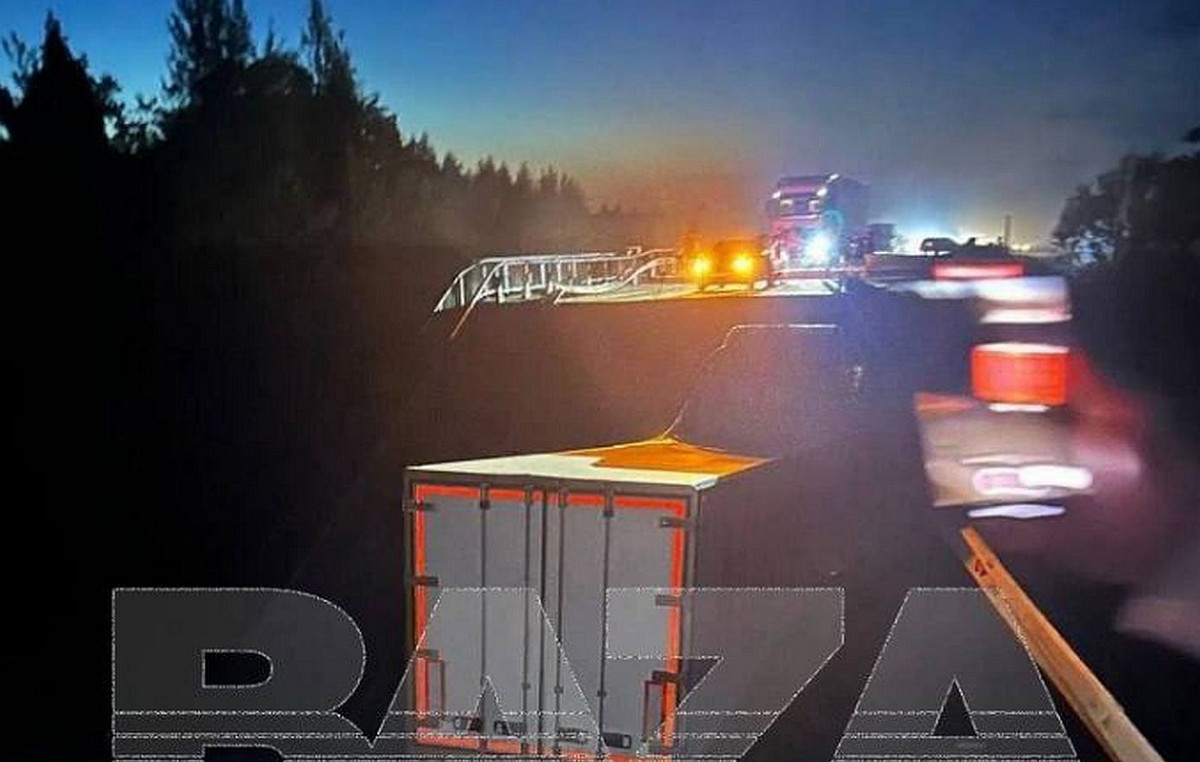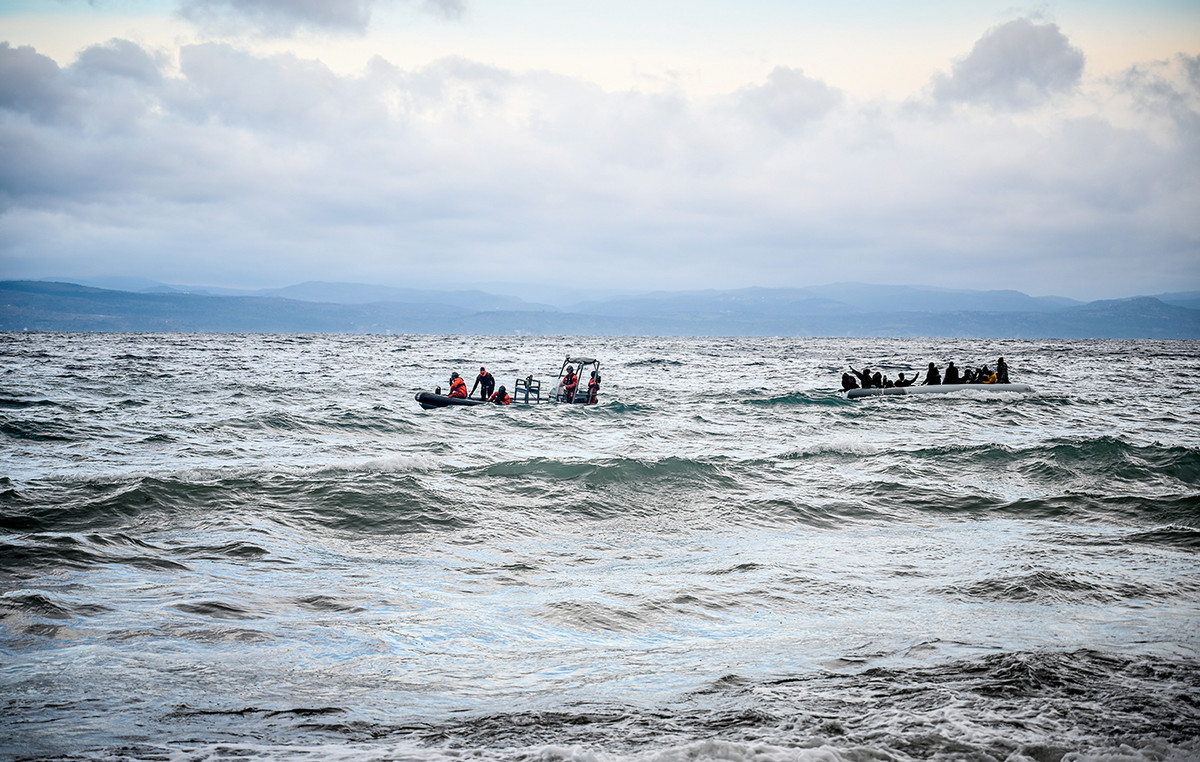Smoke from hundreds of wildfires in Canada, which once blanketed parts of the United States and put an estimated 75 million people under air quality alert, has reached as far as Norway, according to scientists in the country.
In recent days, plumes of smoke have spread from Canada through Greenland, Iceland and into Norway.
Scientists at the Norwegian Institute for Climate and Environmental Research (NILU) were able to detect the increase in smoke using very sensitive instruments and confirm its origin using predictive modeling.
People in Norway can smell and even perceive the smoke as a light haze, but unlike parts of the US that have experienced dangerous pollution, they are not expected to experience health impacts, said Nikolaos Evangeliou, senior scientist at NILU. “Fires that travel such long distances arrive very diluted,” he told the CNN .
In the coming days, the cloud is expected to spread across swaths of Europe, but people are unlikely to be able to smell or sense the smoke, Evangeliou said.
It is not uncommon for smoke from fires to travel long distances. “Smoke from wildfires like those in Canada is injected at high altitudes, staying in the atmosphere longer and able to travel longer distances,” he said.
In 2020, smoke from California’s record wildfires was detected in Svalbard, a Norwegian archipelago located deep within the Arctic Circle.
Smoke has negative climate impacts. Smoke from wildfires moving over the Arctic deposits soot on snow and ice, darkening the white surface, which allows it to absorb more heat. This, in turn, accelerates Arctic warming.
The Arctic is already warming four times faster than the rest of the world, which has global consequences, including influencing extreme weather events such as heat waves, wildfires and floods.
Soot levels from Canadian wildfires are not expected to have a direct impact on Arctic melting because they are so diluted, Evangeliou said. But the concern is that if fires in high latitudes increase, which they have in recent decades and are expected to increase further, more soot will settle, he added.
As the climate crisis intensifies, wildfire seasons are expected to increase in severity, especially as droughts and heat become more common and more severe.
Source: CNN Brasil
Bruce Belcher is a seasoned author with over 5 years of experience in world news. He writes for online news websites and provides in-depth analysis on the world stock market. Bruce is known for his insightful perspectives and commitment to keeping the public informed.





